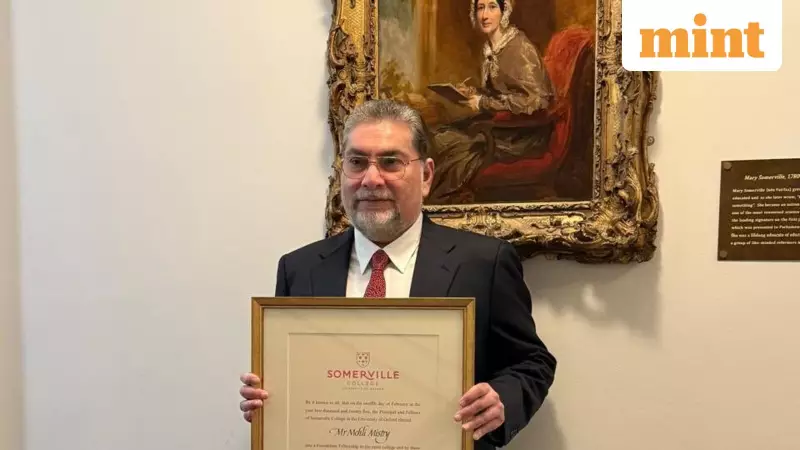
In a surprising turn of events, Mehli Mistry, the former member of Tata Trusts, has officially communicated to the organization that he will not pursue legal action to challenge his recent removal. This decision marks a significant development in the ongoing governance restructuring within one of India's most prominent philanthropic organizations.
A Peaceful Departure
Mistry's decision to avoid courtroom confrontation demonstrates a mature approach to what could have become a protracted legal battle. Sources close to the matter reveal that the former trustee has chosen to maintain the dignity of his association with the Trusts rather than engage in public litigation.
Background of the Transition
The Tata Trusts, which control a significant stake in Tata Sons, have been undergoing substantial governance changes in recent years. Mehli Mistry's removal appears to be part of this broader restructuring effort aimed at modernizing the organization's leadership framework.
Ratan Tata's Continuing Influence
Under the leadership of Chairman Emeritus Ratan Tata, the Trusts have maintained their commitment to philanthropic activities while adapting to contemporary corporate governance standards. The peaceful resolution of Mistry's departure suggests a consensus-driven approach within the organization.
Industry Implications
This development sends positive signals to the business community about the Tata Group's ability to manage internal transitions smoothly. The absence of public legal disputes reinforces the organization's reputation for maintaining high standards of corporate conduct.
Industry observers note that such amicable resolutions are particularly important for family-controlled businesses and trusts undergoing generational transitions and governance modernization.
Looking Forward
With this chapter closing peacefully, the Tata Trusts can continue focusing on their extensive philanthropic work across education, healthcare, and rural development sectors without the distraction of internal legal conflicts.





